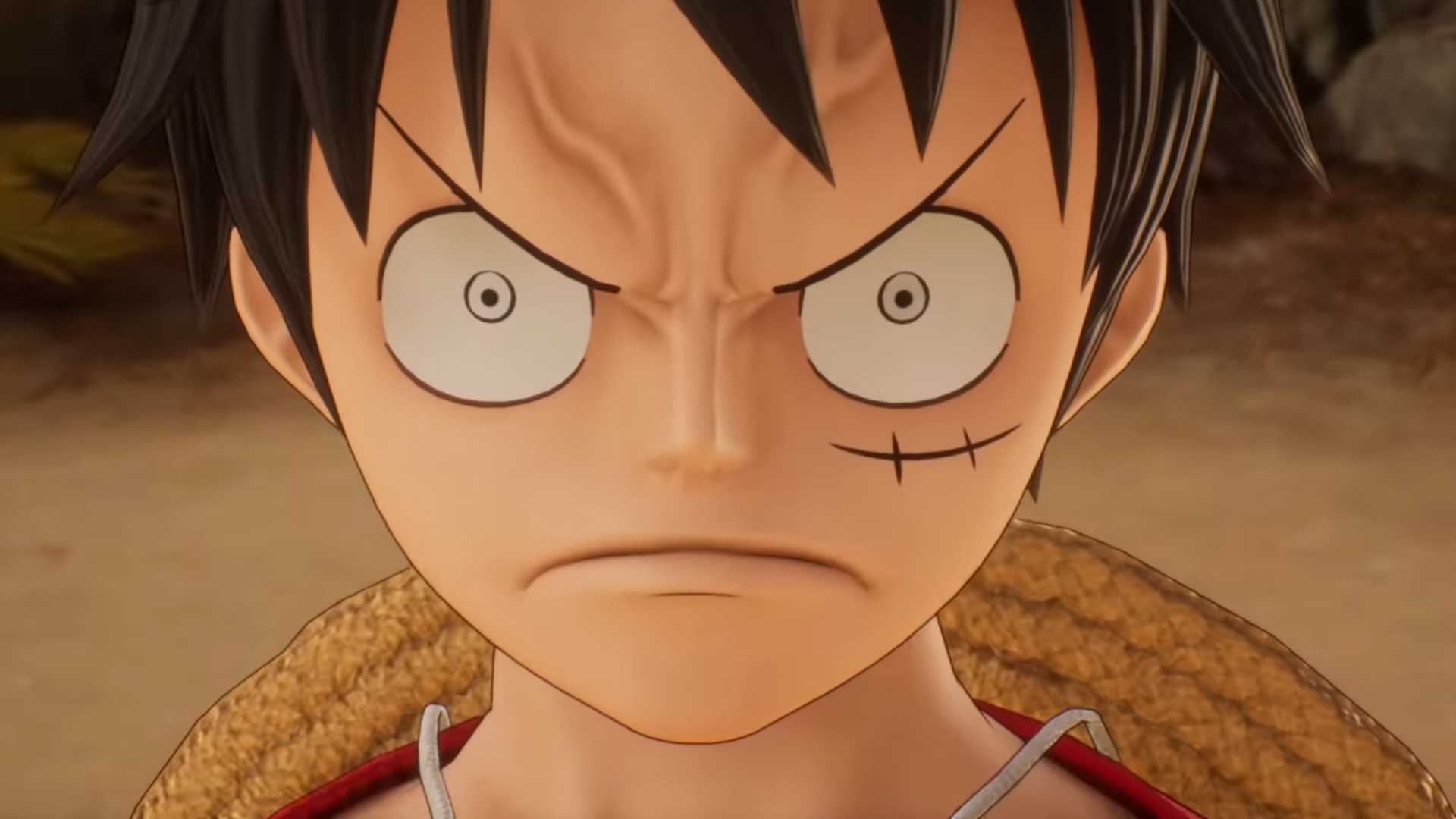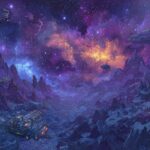You may not know the name Shueisha off the top of your head, but you likely know the works it is responsible for. Under its Jump line of magazines, Shueisha published One Piece, Dragon Ball, Demon Slayer, and recent mega hit Chainsaw Man. This is all to say that Japan’s biggest publishing house owes its success to the works of hundreds of works and their creators. It seems OpenAI didn’t quite get this memo, as it’s being accused of infringing copyright.
Shueisha recently put out a statement aimed at OpenAI, and specifically its Sora 2 video generator. At the end of September, we got a glimpse of Sora 2, and one of the first viral posts from this tool was deemed “Temu Blue Exorcist“, which is a reference to another manga published by Shueisha. This isn’t the first time OpenAI’s AI generation tools were used to ape anime and manga, with OpenAI CEO Sam Altman even sharing a picture of himself in Studio Ghibli style. As of the time of writing, Altman’s profile picture on X is still in Ghibli style.
That statement says (machine translated): “These videos, which infringe on copyrights for anime and characters, were generated using AI learning. Advances in generative AI should be welcomed as they enable more people to share the joy of creation and enjoy creative works. However, this should not be achieved by trampling on the dignity of artists who poured their heart and soul into their world and violating the rights of many others.”
The complaint argues that generative AI tools should give creators broader and more effective measures to avoid having their work scraped, other than a single opt-out system. Opt-out systems often get ignored and don’t adequately give informed consent to parties whose works are being used. Shushei continues, “Regardless of whether generative AI is used or not, we will take appropriate and strict action against anything that we determine to be infringing the rights related to our works”
The world’s biggest manga publisher isn’t without its criticism when it comes to the artists it relies on. Being a big publishing house, it can make many young mangaka (manga creators), but, as reported by The New Yorker, it’s gruelling work and “akin to running a marathon at a sprinter’s pace”.

In the New Yorker’s interview with Takeru Hokazono, the creator of Kagurabachi, Hokazono revealed he would only take one evening a week to himself, and that’s an expectation in the wider industry. Despite Shushei offering mental and physical support to workers, the manga industry at large is known for having a burnout problem.
Shushei is just one of many companies to issue such warnings. CODA, the Japanese industry group with members such as Square Enix, Bandai Namco, From Software, and even Studio Ghibli, has issued a statement that “a large portion of content produced by Sora 2 closely resembles Japanese content or images.” It argues that the “act of replication during the machine learning process may constitute copyright infringement.”
The roots of PC gaming have taken liberally from manga. Dark Souls creator Hidetaka Miyazaki is well known for his love of Berserk, Akira is known for its importance to the Cyberpunk genre (I mean, just look at how iconic that bike drift is), and classic fighting manga like Dragon Ball not only have tonnes of games but are influential in all kinds of media.
Whatever measures Shueisha may take from here will be done “in cooperation with copyright holders and related organisations to build and maintain a sustainable creative environment.”



It’s interesting to see such a prominent publishing house address the impact of AI on the creative industry. The concerns about protecting artists’ rights are very relevant in today’s digital landscape. Looking forward to seeing how this conversation develops!
Absolutely, it’s a significant moment for the industry. Shueisha’s stance highlights the ongoing debate about copyright and creativity in the age of AI. Their actions could influence how other publishers and artists navigate this evolving landscape.